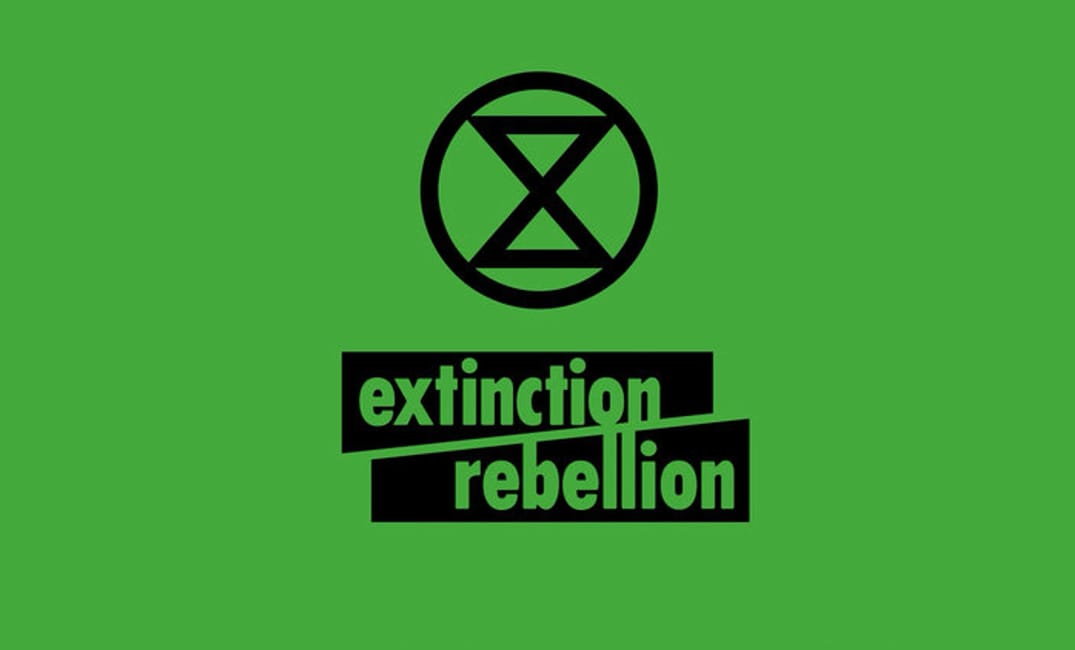Amy Freeman
Naked Politics Blogger
Since Extinction Rebellion’s official call to arms last Monday (a self-proclaimed “international apolitical network using non-violent direct action” to tackle the issue of climate change) the British media have been trying to make sense of what these protests taking place across our capital might mean.
However, with over 570 police arrests and more supporters arriving each day, including the Emma Thompson this Bank Holiday Friday, the balance now appears to have tipped in favour of the movement, and more importantly, towards the UK taking a more serious double take on the issue of climate change.

Extinction Rebellion officially began at 10am on Monday morning, with hundreds of protestors occupying the streets of London, including Parliament Square, Oxford Circus, Marble Arch and Waterloo Bridge to highligh a climate and ecological emergency. Their aim is for government to “tell the truth”, “act now” and move “beyond politics” to a “Citizens’ Assembly on climate and ecological justice”.
However, weirdly throughout Monday, there was very little to be seen on official news channels about this green-fingered uprising. Even the arrival of a pink boat in the middle of Oxford Circus or the creation of a makeshift forest of plants and flowers to Waterloo Bridge didn’t make front-page news.
It wasn’t until my morning commute the following day, when I walked across the aptly renamed Garden Bridge full of trees and flowers instead of cars and buses, all framed against the imposing City of London, that I began to consciously reconsider the relationship between society and environment. The mass protest that I now found myself right in the middle of, described by the BBC as “attempts to clog the heart of London” hadn’t only disrupted my way to work, but my way of thinking.

And I am not the only one.
Newspapers have almost overnight, started to alter their take on Extinction Rebellion. The Evening Standard initially claimed on Wednesday that “Climate Protests Cost Londoners Millions”, whilst the BBC similarly quoted that “up to 500,000 people have been affected by the diversion of 55 bus routes”. At this time, there was barely a paragraph donated to the explanation of the Extinction Rebellion movement and its aims, let alone an interview with an actual rebel.
As more and more commuters continued to be disrupted, and the police began to arrest a greater number of individuals demonstrating, mainstream news has not been able to ignore this now very current, very pertinent issue. As UK citizens glue themselves to the DLR and Jeremy Corbyn’s home, people have found it difficult to look away.
The Mayor of London Sadiq Khan’s rather logical “extreme concern” about disruption of London underground services as well as the British Transport Police statement that they “will not tolerate any activity which disrupts the millions of passengers who rely on the rail network”, seem now to have fallen on deaf ears.

Global actress Emma Thompson’s voice appears to be the loudest, addressing Oxford Circus upon a bright pink boat surrounded by police officers. She said “We are here in this little island of sanity and it makes me so happy to be able to join you all and to add my voice to the young people here who have inspired a whole new movement.”

And so, as Extinction Rebellion’s protests rally on over the Bank Holiday weekend, it appears that society at large may be starting to change their tune on climate change. With the BBC finally exploring the issue from an empathetic viewpoint, and the Guardian arguing that these protests, alongside David Attenborough’s new show, is putting the “climate in the spotlight”, it is clear that our perceptions of climate change as a slight inconvenience and being challenged and instead we are viewing it more as a serious ecological emergency that needs to be dealt with immediately.

